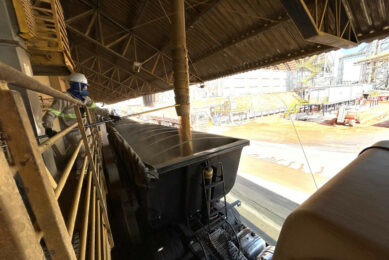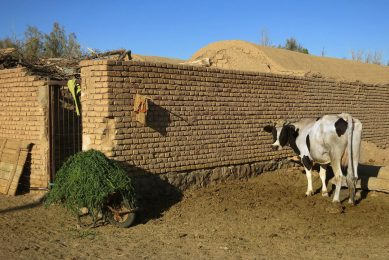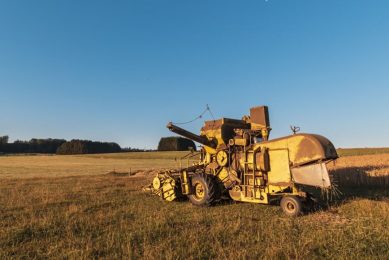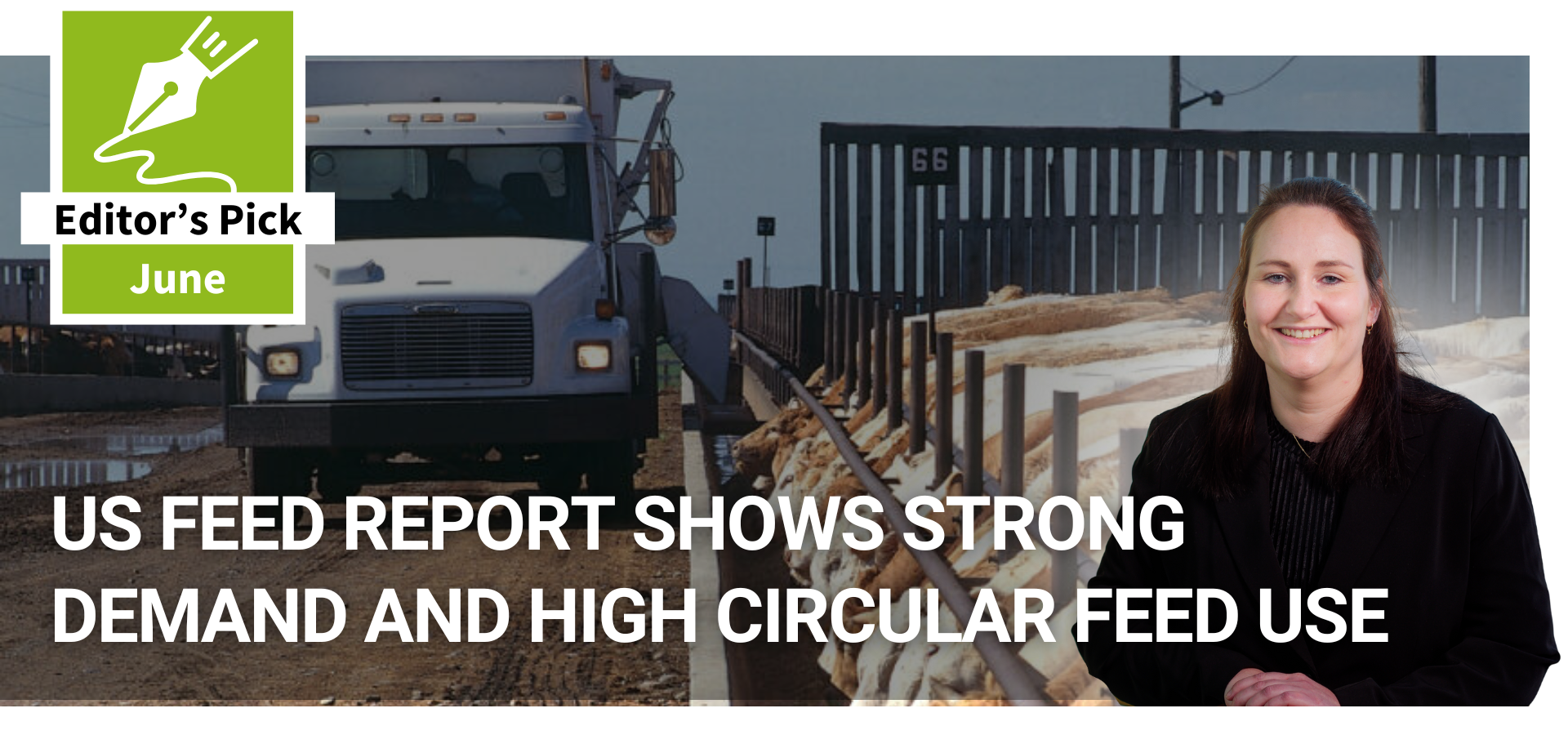Brazilian livestock sector fears grain shortage
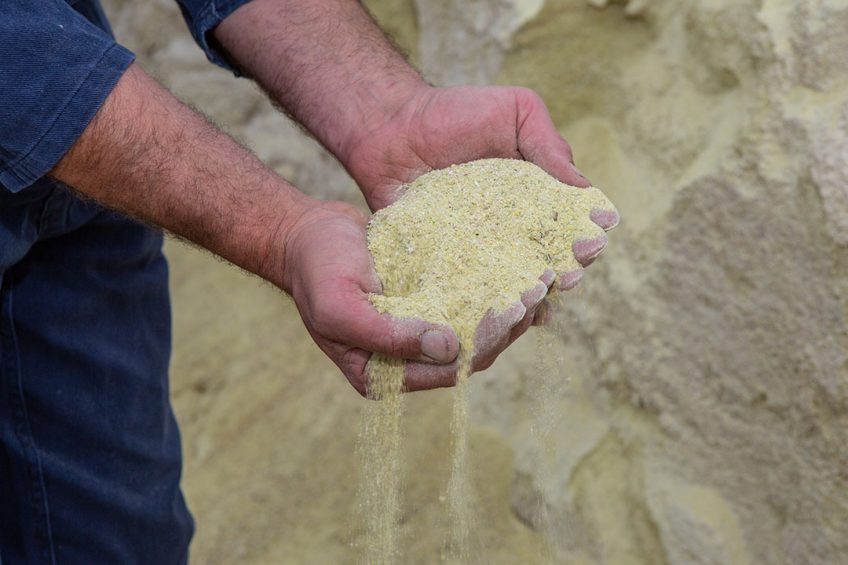
The Brazilian government attempts to calm down the livestock sector, which has been asking for tax cuts on grain imports.
The Brazilian livestock sector fear that there will be a shortage of corn and soybeans due to high prices and speculative behaviour on the part of grain producers. This is a peculiar situation seeing as this year, Brazil expects its largest ever grain production, amounting to approximately 271 million tonnes.
Although corn prices have recently fallen a little on the international market, the pig and poultry sectors reiterated that the government ought to intervene to prevent the costs from rising too much.
The president needs to intervene because there might not be anything on Brazilians’ dinner tables if the government does not act quickly.
The direct warning they issued to Brazilian president Jair Bolsonaro details the risks of increasing prices on elementary products such as poultry and pork. Experts also argued that the market could be likely to reduce supply of these goods.
“The president needs to intervene because there might not be anything on Brazilians’ dinner tables if the government does not act quickly. This would not mean a lack of goods, but the availability could decrease. Poor people would be impacted,” said Brazilian Animal Protein Association (ABPA) president Ricardo Santin, in a public audience at the Chamber of Deputies.
According to Santin, the animal protein sector wants to meet with the president to talk about the situation they face, which entails a 180% cost increase in corn, 140% in soybeans, 68% in cardboard, 30% in diesel, and 85% in packaging since 2019.
Santin identified a speculation process in corn prices once grain farmers still see upward trends in international markets.
As a consequence, Santin asks for the exemption of federal taxes on the import and commercialisation of foreign grain. The sector also wants to be cleared to import restricted transgenic corn varieties from the United States.
Silvio Farnese, director of Commercialisation and Supply of the Ministry of Agriculture, said that despite the fiscal difficulty, there is room to relieve federal taxes on the import and commercialisation of corn to ease the pressure on farmer’s costs.
He also encourages the increase in cereal production for the next harvest and believes in the reduction of prices in long term. “There is no shortage of products. This is the most important thing the sector undergoes, but they are able to continue,” he added.
The National Supply Company (Conab)’s 8th survey regarding the 2020/2021 grain harvest, released 2 week ago, previews Brazilian grain production will reach 271.7 million tonnes, which means an increase of 5.7% or 14.7 million tonnes compared to 2019/20.
The historic mark is due to a record soybean production and an estimated increase in total corn production. Soy will represent almost the half of entire Brazilian grain production with 135.4 million tonnes, 8.5% or 10.6 million tonnes higher than last harvest. Corn results are estimated at 106.4 million tonnes, 3.7% above the production level of 2019/20.




